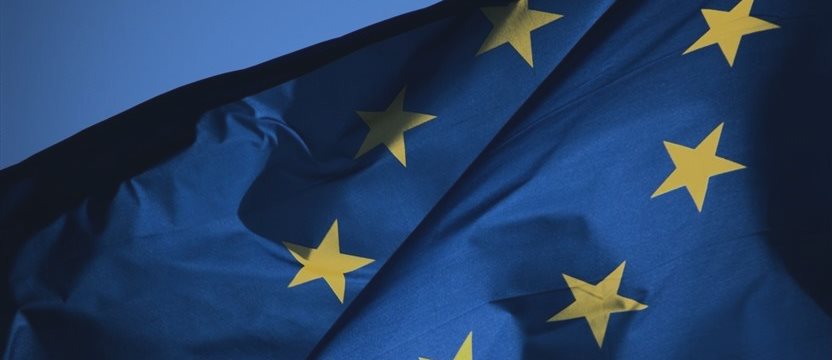
ECB now intensely pressured to apply QE, after indicators showed Europe officially entered deflation
According to many eurozone politicians and analysts, the 0.2% drop in prices, the first annual fall for five years, indicated the weakness of the eurozone economy and the need for a fresh injection of funds by the central bank.
The ECB board is also pressured by separate data for unemployment which showed the number of jobless rose by 34,000.
Since the Bank
of England, Bank of Japan and US Federal Reserve began the policy
following the 2008 financial crisis, the ECB has split over the need for QE.
Because the stimulus would create new money, traders are selling the currency on the prospect of more euros in circulation. The euro fell
hitting a new nine-year low against the dollar on Wednesday at €1.18.
“The emergence of negative inflation does forcefully raise the spectre of a possible prolonged period of deflation,” said James Ashley, chief European economist at RBC Capital Markets. “For those policymakers who, hitherto, might have been undecided over whether or not to take further action immediately, this may be just the clarion call that was required to appreciate the gravity of the situation.”
Some central bank officials have outlined that the dip in inflation could be a temporary feature and that it results from a short-term fall in oil prices which will benefit economic growth over the next year without the need for QE.
Eurostat said that core inflation, which excludes energy and unprocessed food prices, was stable at 0.7% year-on-year in December – the same level as in November and October. The price of services rose by 1.2% on the previous year.
Unemployment, however, has remained stubbornly high. In Italy it rose to 13.4% and in Portugal 13.9%. In Spain and Greece around a quarter of the workforce remain unemployed. Youth unemployment was highest in Spain, at 53.5%, and Greece, where half the under-25s are out of work. Croatia followed with 45.5% of its young people unemployed and Italy with 43.9%. France has an unemployment rate of 10.3%.
Ministers from Greece, Spain and Portugal, which have severely weakened banking sectors, have lobbied the central bank to start QE to ease credit costs and spur lending. Danae Kyriakopoulou, an economist at consultants CEBR, said QE would be welcomed by most indebted eurozone nations, “but it would be insufficient to kickstart the recovery”. He said: “A softer take on austerity and the setting of both fiscal and monetary policies in expansionary mode are imperative to avoid another crisis.”
The ECB has hinted it is poised to pump funds into the eurozone financial system, but has given few clues as to how the plan could take effect. The ECB president, Mario Draghi, is understood to be lobbying for a wide-ranging bond-buying programme that covers government and corporate bonds. Without the freedom to purchase government bonds, analysts fear quantitative easing will prove weak and ineffective. Yet Draghi has faced resistance from German officials concerned that the purchase of government bonds will ease the burden of austerity on southern European countries.
German inflation remained steady at 0.1%, avoiding a contraction in prices, and unemployment improved, as The Guardian reports.
Howard Archer, chief European economist at IHS Global Insight, said: “While the ECB would normally look through any drops in the headline inflation rate resulting from sharply falling oil prices, the bank will be seriously concerned that the move into deflation in December will lead to a further significant weakening in inflation expectations that then feeds through to result in renewed drops in already worryingly low-core inflation.”


